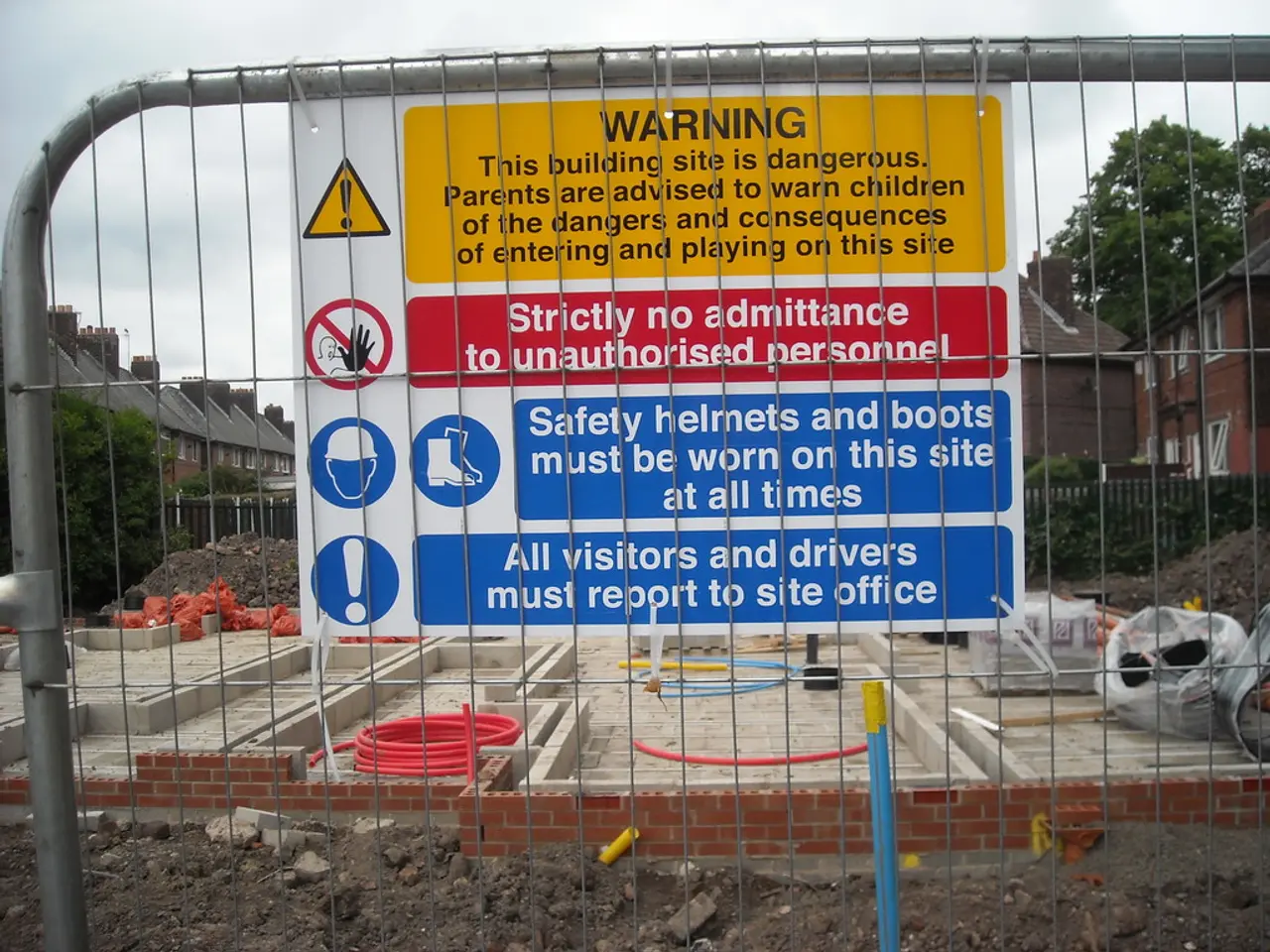Comprehensive overview of top-notch household safes for storing valuable possessions
In light of the rising burglaries in Victoria, it's crucial to protect your valuable possessions and important documents. A home safe can offer a robust solution against theft, fire, and flood. Here's a guide to help you choose the right home safe for optimal security.
A home safe should ideally have a solid steel construction, sturdy locks, and a high cash rating. TDR (Torch and drill-resistant) safes provide an extra layer of protection against theft, resisting power drills, grinders, oxy-acetylene torches, and sometimes explosives. However, these safes are expensive and usually only necessary for people with extremely valuable goods.
When it comes to fire protection, a safe's fire rating determines how long it protects contents from heat and flame. Aim for at least a 60-minute fire rating, but remember that these ratings are guides, not guarantees. Some anti-theft safes may have poor fire ratings or no fire rating at all due to thicker steel walls absorbing more heat.
Waterproofing is another essential feature, especially if the safe is placed on or near the floor. Many safes claim to be water-resistant or waterproof, but a fire-rated home safe should at least resist water ingress from fire hoses or in-ceiling sprinklers.
Tamper resistance is key to resisting forced entry attempts. Select safes with multiple durable, saw-resistant bolts and solid steel construction.
Locking mechanisms are an important consideration. Biometrics (fingerprint readers) enhance convenience and security, while keypads with backup keys are common and reliable. Some home safes integrate with apps to provide alerts about tampering, lockouts after multiple failed attempts, and access history audit trails.
Smart features can help keep you informed and in control of your safe's security. Compatibility with home security systems or voice assistants is a bonus but not essential.
Mounting capability is crucial to prevent thieves from carrying the entire safe away. Opt for safes that can be securely mounted to floors or walls.
Environmental sensors, such as smoke, carbon monoxide, flood, and glass break sensors, can enhance home security and safety, signaling hazards before they cause damage.
When buying a home safe, consider the size and capacity. Choose a safe large enough to store all your valuables, documents, and electronics, but that also fits well in your intended space (shelf, closet, floor).
The home safe should be installed out of sight, ideally in a wardrobe, under the stairs, or in the basement. A mid-range safe commonly weighs between 40 and 80 kilograms, while a high-security safe could weigh over 200 kilograms.
Avoid installing the safe in rooms with humidity or dampness problems, as mold is a tell-tale sign of such issues. Concrete or brick are the best materials to anchor a safe to.
Professional installation ensures that the safe will be properly and securely installed. However, this can cost a few hundred dollars extra.
In Victoria, the law requires firearms to be stored in a purpose-built steel storage receptacle with a thickness of at least 1.6 millimetres, bolted to the structure of the premises if the receptacle weighs less than 150 kilograms when empty and locked with a lock of sturdy construction. A home safe can fit these requirements.
Items that can be stored in home safes include expensive jewelry, currency, loose gemstones, spare keys, identification documents, wills, birth certificates, passports, title deeds, health documents, insurance policies, USBs, and portable hard drives.
The cost of a home safe varies widely, from $40 to over $2000, depending on features and ratings. Basic safes cost between $50 and $200, while a safe with good theft and fire ratings costs more than $700. Professional, high-end safes with high TDR ratings start at about $1,500.
In conclusion, prioritizing the right features ensures a balance between physical robustness (against burglary), fire and water protection, and modern smart technologies that help keep you informed and in control of your safe's security.
- To ensure optimal protection of valuable possessions and important documents at home, consider investing in a home safe with a solid steel construction, Tamper resistance, waterproofing, and a high fire rating.
- When shopping for home-and-garden items like home safes, pay attention to the features that provide robust security against burglary, fire, and flood, while maintain a lifestyle of peace of mind and convenience, such as biometric locks, smart alerts, and water resistance.



